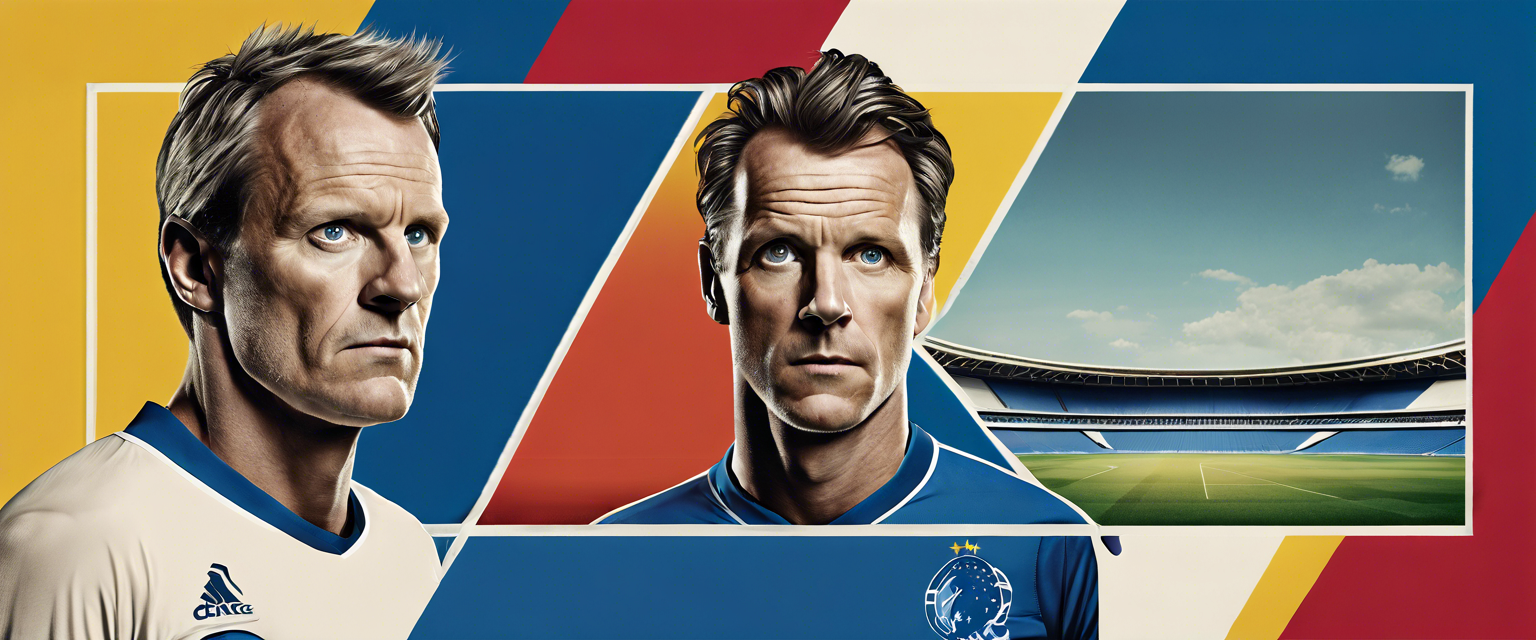Eintracht Frankfurt's Transfer Strategy: A Look into Markus Krosche's Vision
Eintracht Frankfurt's sporting director, Markus Krosche, has emerged as a key architect behind the club’s remarkable transformation, particularly through strategic transfers and player development. After a successful tour in the United States and ahead of a pre-season friendly in Spain, Krosche shared his insights into how the club is navigating the unpredictable waters of football transfers.
Settled Business in a Hectic Environment
In contrast to the frenetic activity of last summer, when Randal Kolo Muani was sold to Paris Saint-Germain for a club record fee, Krosche highlighted the calm in the current transfer window. With a well-established framework for buying and selling, the club's approach has become more systematic, following a robust model that emphasizes revenue generation through strategic player sales.
The End Club Strategy
Krosche referred to elite clubs like PSG and Real Madrid as "end clubs," indicating that Eintracht Frankfurt’s philosophy includes developing players who can thrive and ultimately be sold to these top-tier teams. The recent sale of Willian Pacho for a fee that quintupled their investment exemplifies this strategy. Krosche stated, "Pacho is an example of it working. We helped him take that next step in his career." This continual player development aligns with Krosche’s overarching vision.
Revitalizing the Squad
One of Krosche's initial challenges was to address the aging squad, which had an average age of 29. By actively recruiting younger, vibrant talents, Eintracht's current squad now boasts an average age of just 23. "We need experienced players, but also young prospects that we can develop," Krosche explained.
A Risk Worth Taking
The club's significant recruitment efforts, featuring 12 first-team signings last summer, demonstrate a willingness to embrace risk in the quest for success. As Krosche put it, "To do it quickly is a risk, but sometimes you have to take that risk." The transition, though challenging, is viewed as essential for long-term success.
The Scouting Process: Data-Driven Decisions
Eintracht Frankfurt's recruitment process is methodical and data-centric. Krosche described a streamlined approach where specific player profiles can be generated using analytics. This involves narrowcasting parameters like height, playing style, and market value to create a shortlist of potential signings. "We watch at least 10 games to see how they cope under different pressures," Krosche elaborated. This rigorous evaluation system helps the club identify promising talents in advance of the transfer window.
Building a Competitive Edge
Eintracht Frankfurt aims to stay ahead of the competition by planning significantly in advance. Krosche noted, "We have to be better than the rest because we cannot afford mistakes. By October, we have a clear idea who we want to sign next summer." This proactive approach enhances their appeal to young players, allowing the club to convey its vision of improvement and success.
Focus on Development and Infrastructure
Beyond on-field strategy, Eintracht Frankfurt invests heavily in player development through specialized staff in nutrition, mental coaching, and injury prevention. Their training facilities are top-notch, with significant investments made recently to ensure players receive comprehensive support.
Maintaining Realistic Expectations
Despite the impressive work being done, Krosche acknowledges the challenges posed by powerhouse clubs like Bayern Munich. "Top four is really difficult because there is a massive gap in budget," he explained, advocating for a more tempered approach that prioritizes sustainable growth rather than reckless spending.
The Future of Eintracht Frankfurt
With Krosche at the helm, Eintracht Frankfurt is well-positioned for continued development. Their success is a product of a clear philosophy aimed at resisting the temptation of immediate gratification in favor of long-term prosperity. As he aptly stated, "It is football, not war. Selling players is part of my job, and it’s why young players like to come to Frankfurt." The club's future looks bright as they adhere to this balanced and data-driven approach, aiming to thrive in the competitive landscape of European football.



Leave a comment
All comments are moderated before being published.
Trang web này được bảo vệ bằng hCaptcha. Ngoài ra, cũng áp dụng Chính sách quyền riêng tư và Điều khoản dịch vụ của hCaptcha.